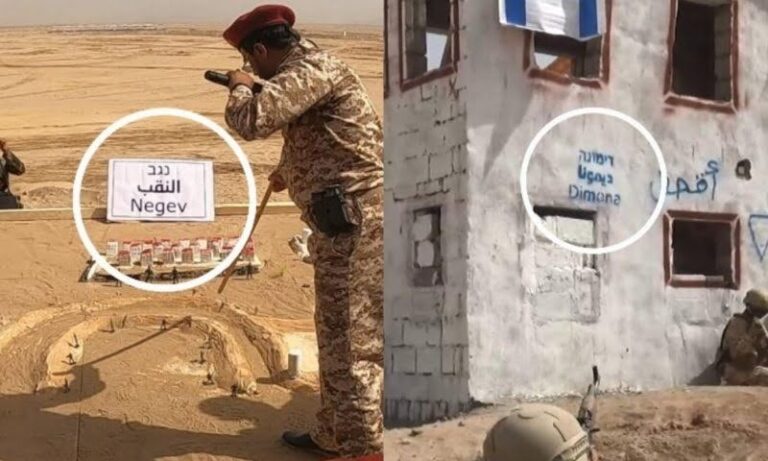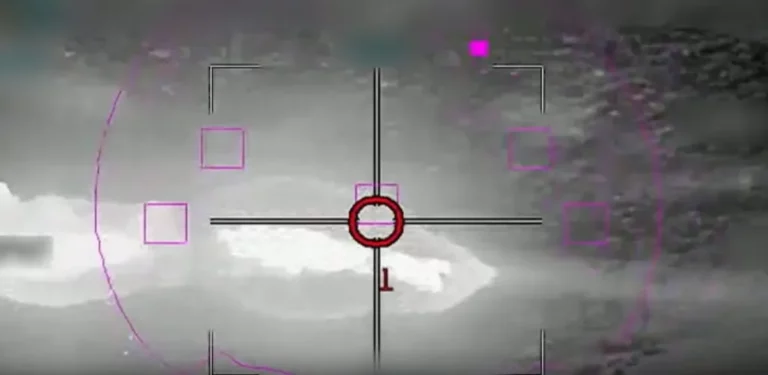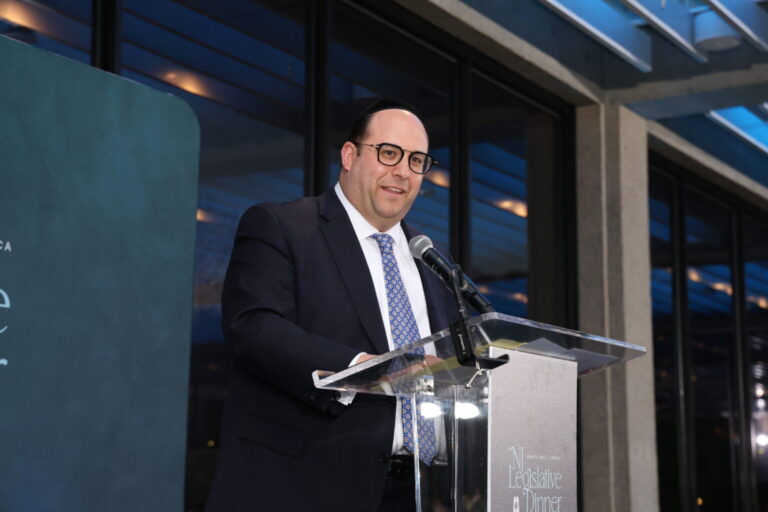Jordan’s King Abdullah II has intervened in the case involving his outspoken half brother, who is accused of a plot to destabilize the kingdom, and the former heir to the throne has agreed to abide by the traditions of the family that rules the key Western ally, a palace statement said Monday.
There was no independent word from Prince Hamzah himself, who in an audio recording released earlier said he would continue to defy government threats ordering him to stay at home and refrain from public statements.
The palace said Abdullah asked his paternal uncle, Prince Hassan, to deal with Hamzah, and that the two have been in contact. According to a tweet from the royal household, Hamzah “confirmed his commitment to the approach of the Hashemite family” and its traditions.
The recording by Hamzah was part of a palace intrigue that erupted over the weekend in Jordan, seen by the West as a stable ally in the volatile region. The kingdom borders Syria, Iraq, Saudi Arabia, Israel and the occupied West Bank.
The prince said he was ordered confined at home and to refrain from speaking out.
Jordanian authorities said Sunday they had foiled the “malicious plot” by Hamzah with foreign help. Hamzah has denied any role and says he is being targeted for speaking out against corruption and poor governance.
The recording, which circulated online, indicates that tensions were high between the king and Hamzah, a former crown prince. The United States has sided with Abdullah.
“The army chief of staff came to me and issued threats in the name of heads of security agencies,” Hamzah said in the recording. “I recorded his comments and distributed them to my acquaintances abroad as well as my family in case something happens.”
“I don’t want to escalate now, but of course I will not abide when he tells me ‘you are not allowed to go out, tweet or connect with people and you are only allowed to see family members,’” he said. “When an army chief of staff says that, this is something that I think is unacceptable.”
The authenticity of the recording was confirmed by an individual close to the prince, speaking on condition of anonymity because of security concerns. The individual said the recording is a few days old and was made after the army chief threatened the prince.
Jordan’s army chief of staff, Gen. Yousef Huneiti, said Monday the country’s armed forces and security agencies “have the power and experience” to deal with any developments that might happen internally or in the region.
He made his comments while taking part in “Shield of the Nation,” a drill that included several brigades, special forces, border guards and the Royal Air Force in the eastern region of the kingdom, the state news agency Petra said.
The exercise did not appear to be related to the weekend incidents because such drills are planned well in advance.
Huneiti said the troops will confront anyone who “tries to endanger the nation’s security, terrify its citizens and threatens the security and stability of the kingdom.”
Foreign Minister Ayman Safadi said Sunday the prince had recorded conversations and passed them to foreign sources. He did not provide specifics on the alleged plot or say what other countries were purportedly involved. But he said about 14-16 associates of Hamzah had been arrested, in addition to Bassem Awadallah, a former Cabinet minister and one-time head of the royal court, and Sharif Hassan bin Zaid, a member of the royal family.
The move by the U.S. and Arab governments to side quickly with Abdullah reflected Jordan’s strategic importance. Domestically, Hamzah’s unprecedented criticism of the ruling class — without naming the king — could lend support to growing complaints about poor governance and human rights abuses in Jordan.
Abdullah and Hamzah are both sons of King Hussein, who remains a beloved figure two decades after his death. Upon ascending to the throne in 1999, Abdullah named Hamzah as crown prince, only to revoke the title five years later. Hassan, the uncle, also had been crown prince but was removed shortly before Hussein’s death.
While Abdullah and Hamzah are said to have good relations generally, Hamzah has at times spoken out against government policies, and more recently had forged ties with powerful tribal leaders in a move seen as a threat to the king.
(AP)











